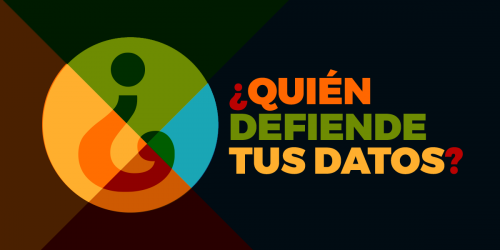The leading nonprofit defending digital privacy, free speech, and innovation.
Reiterating its prior common-sense opinion, the Ninth Circuit Court of Appeals ruled in hiQ v. LinkedIn that the Computer Fraud and Abuse Act likely does not bar scraping data from a public website against the wishes of the website owner. Last year, after the Supreme Court decided its first CFAA case, Van Buren v. United States , it vacated the Ninth Circuit’s original ruling in hiQ and sent it back to court of appeals for reconsideration. According to the Ninth...
In order to audit the privacy and security practices of the apps we use on a daily basis, we need to be able to inspect the network traffic they are sending. An app asking for permission to your location may only use it to send it to your friends, or it may be tracking your every move. Without knowing exactly what traffic is being sent, you’d never know. This post will detail the steps involved to configure an Android device to audit the traffic of any app installed on it, requiring no other device to be physically present.
People who want their day in court should be able to have it. That's why EFF has long opposed forced arbitration agreements —agreements that require people to resolve conflicts without going to court— because they place unfair limits on one’s ability to exercise their fundamental rights. Too often, they also act as a get-out-of-jail-free card for companies. There is a growing recognition that forced arbitration agreements impede the defense of fundamental rights. The U.S. Supreme Court hears three cases on...
Surveillance Self-Defense
Description:
Surveillance Self-Defense is EFF's online guide to defending yourself and your friends from surveillance by using secure technology and developing careful practices.
Privacy Badger
Description:
Privacy Badger is an install-and-forget browser add-on that stops advertisers and trackers from secretly tracking where you go and what pages you look at on the web.


















